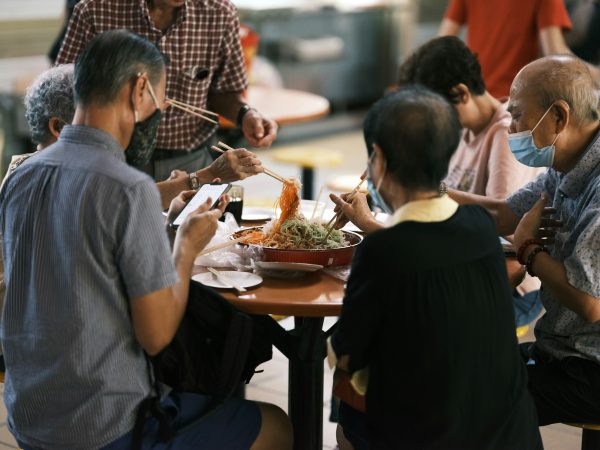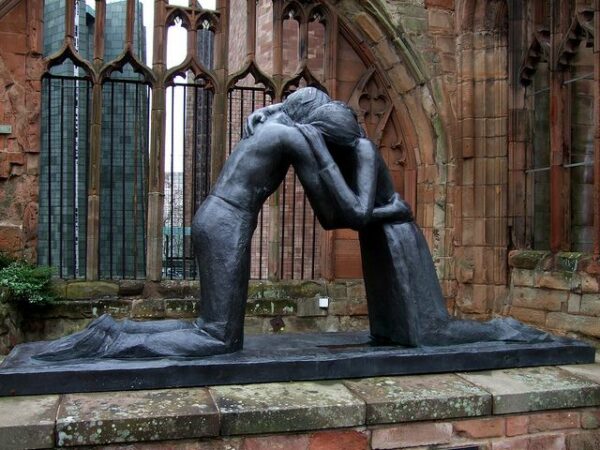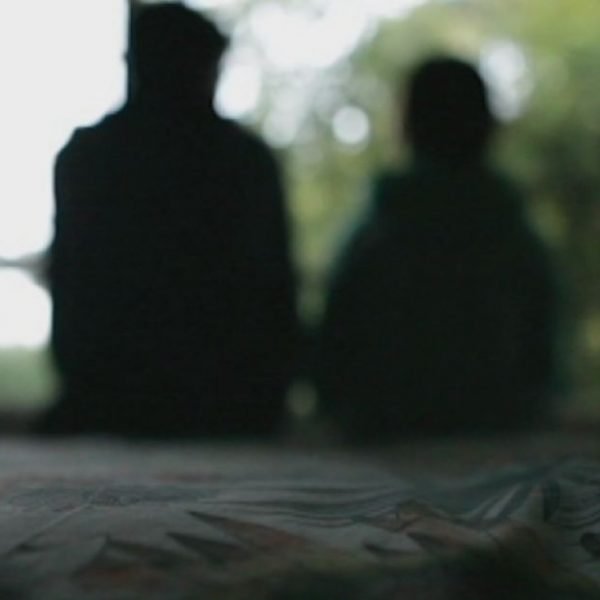
True hospitality is not simply about offering occasional charity or gestures of kindness but about dismantling the structures that prevent full participation in community life. It requires courage to challenge entrenched systems of exclusion and to imagine social bonds not as transactional exchanges but as expressions of shared humanity.

The Spirit is the decisive factor in any ethical and political existence that would strive for truth, for justice, and for a mode of persuasion that can challenge the world’s assumptions of what is possible without rhetorically pulverizing those who do not yet agree or pretending that we are better or wiser than we really are.

From Myanmar to Mariupol, from the streets of Memphis to the waves and winds of the Mediterranean Sea: resistance to violence takes many forms. So does political protest against precarity. At which point does the unavoidable vulnerability of the living condition come to expression as political agency? Can such precarious politics constitute or configure an alternative community?

Refusal is a strong current resisting the structure of settler colonialism. It crashes, churns, and erodes the death-dealing dams of settler knowing. Its path turns away from the settler’s gaze.

This piece features a multimedia reflection on José Esteban Muñoz’s The Sense of Brown, which emphasizes the text’s radical approach to imagining solidarities and social relations beyond the normative paradigms of identity politics and its permutations. Through both textual poetics and sound design, Wadud and Lázaro Moreno riff off Muñoz’s own performance-based approach to storytelling and meaning-making, engaging Sense as an invitation to reconsider the aesthetic and philosophical terms of community-making, centering the power of counterintuitive methods.

The tendencies of any group of human beings to normalize power and hide harm are themselves, then, subject to the process Matthew’s gospel is describing. The frankness of communication, of subsidiarity mediation and conflict negotiation, the expectation of honest and mutual accountability described here should also be applied, as healthily and faithfully as possible, to the workings of authority, relationship, and power system within the community.

…Instead of treating contemporary consumerism as a wholly negative phenomenon, Augustine suggests we look at the issue differently. The behaviour of the shopper or spiritual tourist is the way it is because of the deep structure of the human condition. The longing for fulfilment is at root an existential need: a secularized version of the call at the heart of Augustine’s Confessions: ‘You have made us for yourself, O Lord, and our hearts are restless until they rest in you.’




